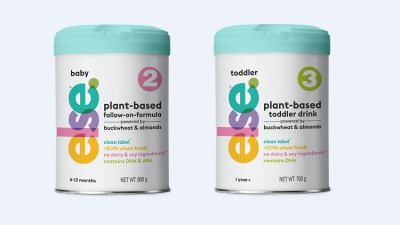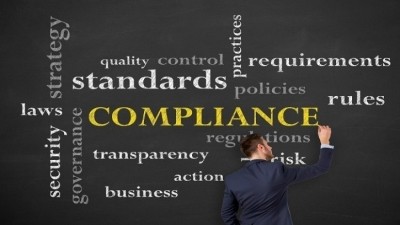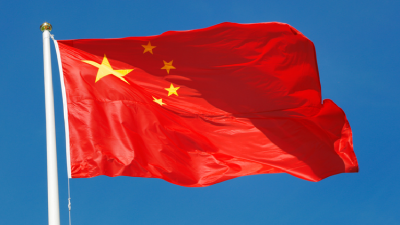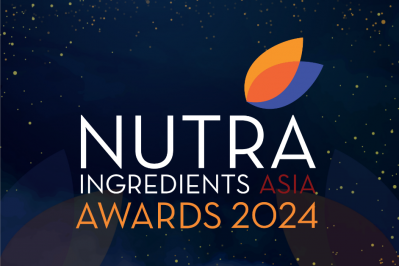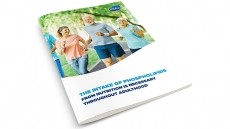China formula for success: How major infant nutrition brands are gaining market share despite shrinking birth rates
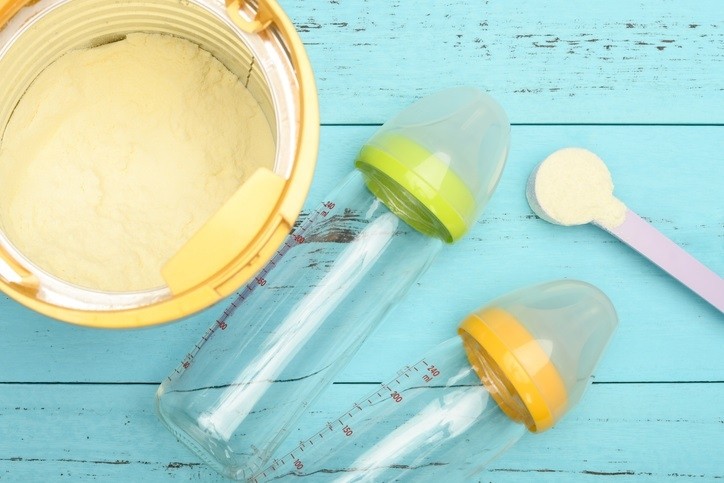
The a2 Milk Company, for example, broke its market share record as sales climbed 1.5 per cent in the first half of FY2024, although the overall market had downsized by 14 per cent.
The brand has now become the top five brands in China, enjoying a market share of 6.4 per cent in the first half of FY2024, data from Kantar Worldpanel showed.
Danone’s Aptamil similarly reported market share gains – up from 12.5 per cent to 13 per cent between FY22 and FY23.
Others, such as market leader Feihe, however, have commented on the market slowdown, with its sales down 10.3 per cent.
The market share growth seen in some brands might be surprising to some as China’s infant formula market has been shrinking and birth rate was at its lowest last year – with 6.39 births per 1,000 people.
Speaking to NutraIngredients-Asia, Jason Yu, managing director of Kantar Worldpanel said that China’s new guobiao (GB) or national standards implemented to the infant formula products a year ago, had benefitted some of these brands.
The new standards, enforced since February 22 last year, requires manufacturers to reformulate the number of calories, carbohydrates, proteins, and micronutrients in their products.
This has led to the withdrawal of several smaller, less reputable brands from the market which could not meet these stricter standards, leaving a vacuum for other brands to take over their shares.
“We have already seen that over the past two to three years, there is a very clear direction that the top 10 brands shares are becoming bigger and bigger (in market shares size), migrating from about 50 per cent to 60 per cent, to now almost 70 per cent of the market.
“The withdraw of some of the smaller brands also leave some space for the bigger brands to take their market share. And we have seen these in a lot of those publicly traded companies, which announced that they have gained sales, that they have double digit growth, that they have gained market share, probably because they are able to actually take the space from those smaller players,” said Yu.
He said that it was estimated that the exit of the brands which could not meet the regulatory standards have left about 20 per cent of market shares in vacuum.
“And this is obviously very positive. It means that even despite the fact that China is suffering from a lower birth rate, but for the bigger players, if they are able to manoeuvre this empty space because of the new GB, and they will still be able to actually gain market shares,” he said.
At its peak, there could be 2,000 to 3,000 infant formula brands in China, and many were made via OEM or companies which behaved “more like traders” than having the actual infant formula knowledge and expertise, he added.
“Obviously, those companies they are more like traders, they don't really have the capability to launch a formula that's compliant with the government standards. Also, the process of registering new products that compliant with the new regulations is long and costly, and this means that those smaller companies won't be able to afford it.”
Aside from a2 milk and Aptamil, Friesland Campina’s Friso has been gaining market shares as well, up from 5.7 per cent in FY22 to 6.2 per cent in FY23.
“These companies were active in terms of deploying their new guobiao products and the process really helped further enhance their brand value.
“At the same time, you also see that, for example, Yili and Junlebao, some of the local brands are also doing quite well as well.”
Join us for Growth Asia Summit 2024, where we will shine the spotlight on infant nutrition on the first day of the conference on July 16, with leading companies including Danone, Junlebao sharing their insights on the latest scientific findings and market trends. Register here.
As of last December, the top five English label infant formulas in China in terms of market value share were Aptamil (44.5 per cent), a2 milk (20.6 per cent), Nestle (6.7 per cent), Mead Johnson (4.9 per cent), and Friso (4.2 per cent).
In terms of China label products, Feihe took the lead at 21.4 per cent, followed by Yili (9.8 per cent), Aptamil at 7.7 per cent, Friso at 7.2 per cent, and Junlebao at seven per cent, data from Kantar Worldpanel showed.
Trending ingredients
In the past few years, human milk oligosaccharides (HMO) and A2 milk are some of the main ingredients in which companies have been using to show that their products are more suitable for Chinese babies.
However, the special formulas markets are also gaining greater attention as well, including products designed for babies suffering from cow milk protein allergy (CMPA).
“I would say that in general, everybody's competing in a2 space, everybody's competing in the HMO space, but also these special formulas market continue to grow as well. These are products catering to the needs of babies with allergies or are more sensitive in their digestion [of certain ingredients].”
Examples of these products include hypoallergenic amino acid formulas and Foods with Special Medical Purposes.
Mother and baby stores
While mother and baby stores are the main channels for purchasing infant formulas, the channel has suffered during COVID and also faced tougher competition from online platforms, Yu noted.
Especially in the cities, these stores are mostly located in shopping malls, but consumers are not shopping as much in malls as they cut spending.
“Consumers are probably still shopping but they are not really going to those big shopping centres as frequently as they used to be. This really put a lot of pressure on those mom and baby stores, which are mostly located in the big shopping areas and shopping centres.”
Citing the example of Kidswant, he said that the chain was China’s number one mother and baby chain store, but its sales numbers have been coming under pressure.
“For example, Kids-Want was the number one baby store in China, despite the acquisition of LeYou, which is another very big baby store chain, its financial statement is still quite stagnant in terms of its sales and also in terms of profit.
Still, he believes that such stores are important, being responsible for about one-third of the infant formula market sales.
“I will say that they can't be just reduced to zero, there is an existence for this chain, or for these independent mum and baby stores to exist.
“The key thing is for them to actually differentiate themselves against the online channels and to drive a more personalised experience,” he said.
